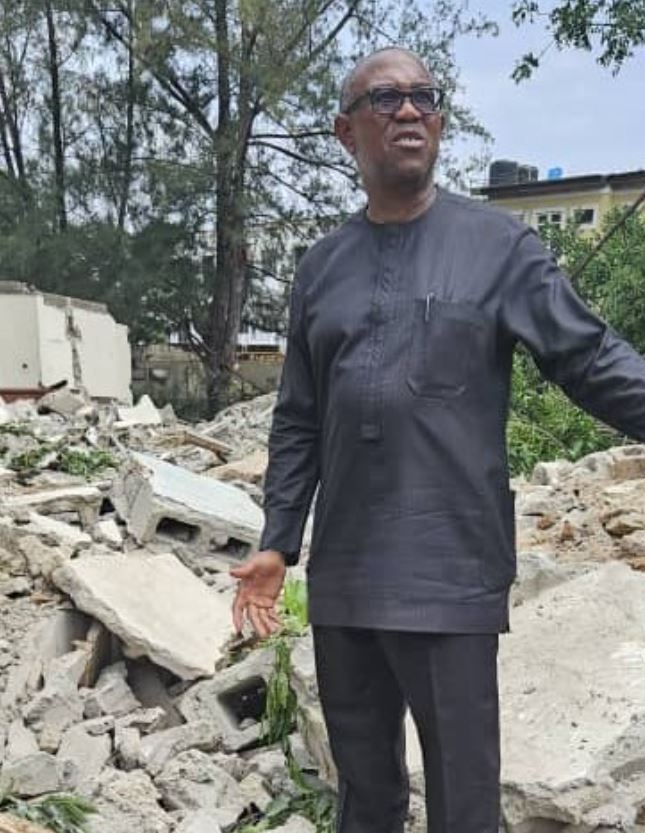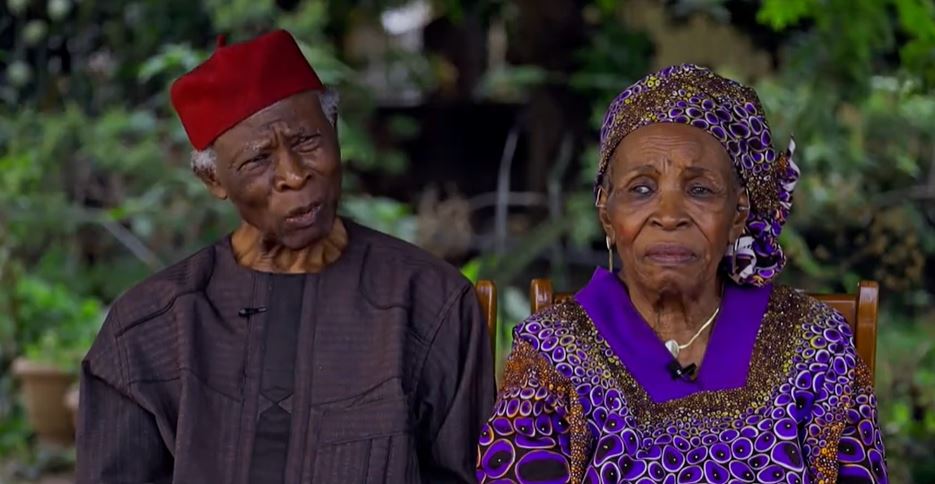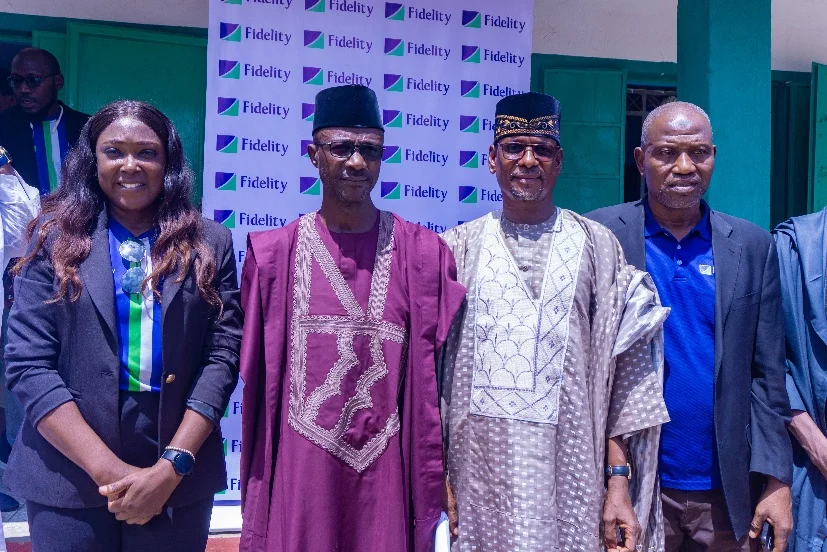
At the LBS breakfast session held last week, Dr Kayode Fayemi, Director of Policies for APC, stood in for GMB. He talked about the following issues:
1. The cardinal agenda of the government and their over-arching themes will be SECURITY, CORRUPTION and UN-EMPLOYMENT; they believe that corruption has a very strong negative link to both security and un-employment.
2. There will be no real action until around October, partly because the 2015 budget is GEJ’s and may be fully approved in April; the new government will seek to align the electoral and fiscal calendars to avoid this type of problem in future
3. A cabinet will be announced very quickly, within one week of inauguration; anyone with a whiff of corruption or other tainting will not be on the cabinet; GMB’s body language will reflect zero tolerance for corruption
4. Emphasized that the APC is not a conclave of cardinals but includes the good, the bad and the ugly; in Nigeria, the bad and the ugly can be the biggest electoral assets but GMB’s government will not interfere with law enforcement agencies or the judiciary even if APC members are involved
5. The VP elect, did a lot of work as commissioner of justice in LASG and will bring this to a major revamp of the judiciary to complement anti-corruption drive and the rule of law; he will also anchor the economic committee
6. The new government will continue with some of the programmes in the GEJ administration, which were successful, for example Agriculture, but there will be a stronger collaboration between FGN and the states
7. A very LEAN government is the focus; this will involve resolving overlapping and redundant MDAs; largely in line with the Steve Oronsaye presidential committee report; this report was available to GEJ’s government but the will to implement it was absent
8. Rather than strengthen key anti-corruption agencies like EFCC, ICPC and SFI, these are likely to be consolidated and a single entity will be made more effective
9. Believe that CBN is getting over-burdened by developmental finance issues, at the expense of its core objectives; this will be changed
10. Subsidy on petroleum products will certainly go and the industry will be reformed as a matter of priority in order to attract new investments
11. While power reform has been commendable, and will continue, the approach will change. Transmission will be deregulated, regionalized and privatized in order to break down centralized transmission; issues of gas supply to Gencos will be addressed but the new government believes that DISCOs are the biggest bottlenecks presently; the government plan to add-on 4,000 MW of power every year and expect that output will be a minimum of 12,000 MW at the end of term of this mandate
12. Think tank detailed work indicate that N3 trillion in savings can come out of plugged leakages; believe that the employment drive will be private sector led
13. The government will allow market forces to prevail, including foreign exchange; debunked the view that GMB will use fiat to fix the exchange rate; however the government will keenly seek to protect the more economically vulnerable segments of the society
14. There will be tightening of the tax noose but no tax rate hikes/FIRS will be strengthened and the LASG IGR template will be adopted at the national level
15. While the infrastructure gap requires huge capital outlay which the government does not have, a master-plan will be developed; a situation where the recurrent budget is almost 80% and capital budget only 20% is not acceptable…(it does not appear detailed work has been done here….for example, they believe that un-employment is partly due to lack of skilled labour and hope to more actively engage the academic community to train for these skills…..but the tertiary institutions will need to be massively upgraded before they can compete )
16. Advised that we read the APC manifesto, available on the website and also, the Steve Oronsaye report




















